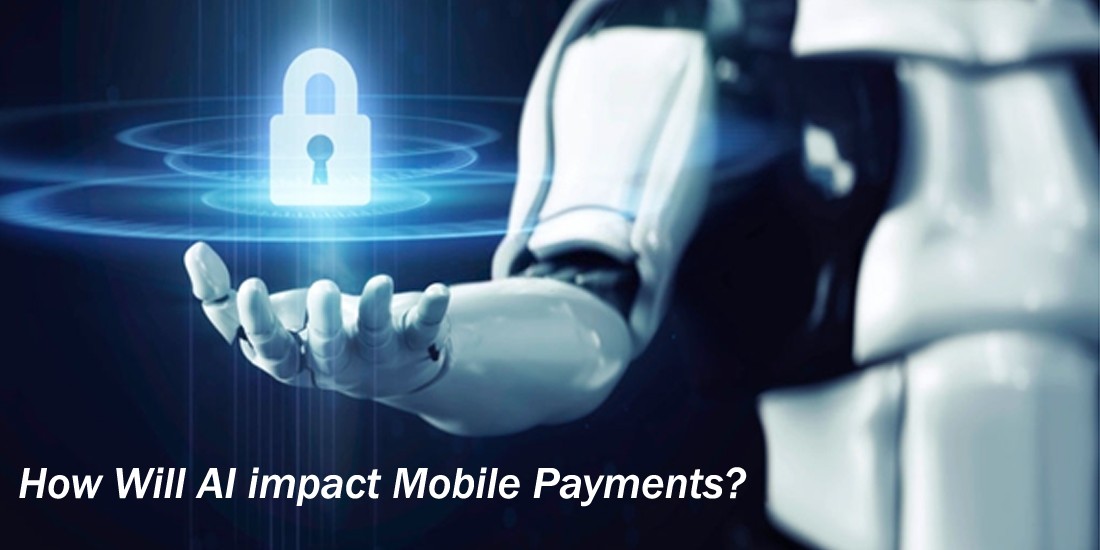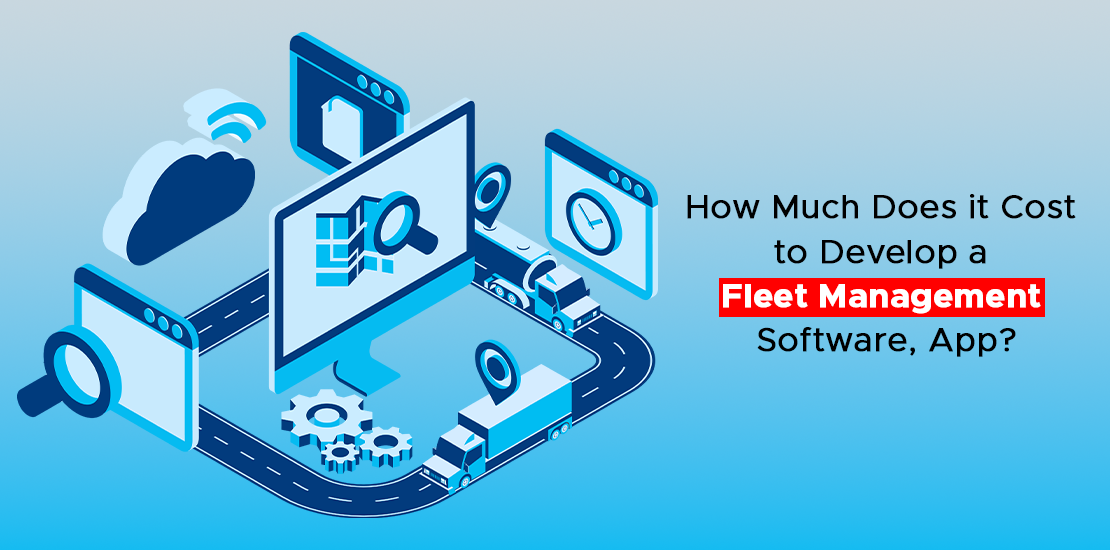- August 25, 2020
- Posted by: Admin
- Category: Artificial Intelligence

The Impact of Artificial Intelligence in Mobile Payments
When it comes to artificial intelligence, it is considered quite a complex topic. However, it has played a rather significant role in the corporate sector where the majority of the transactions are now made faster and automated due to the integration of AI in the primary system. As Artificial intelligence enables computerized tasks, it makes the daily repetitive transaction more efficient which saves time as well as human resource expense. It is making its path into the transactions and money related administrations, worldwide. The innovation’s handiness for extortion identification is clear, however, there are different territories where AI can affect in particular.
Countless fields have been revolutionized and transformed entirely since the integration of this very technology.
- Science and research departments
- Economic sector
- Healthcare
- Financing and banking department
- Manufacturing industry
- Utilities
- Transportation
- Logistics
- Agriculture and Biosciences
Artificial intelligence can change how banks process data. Banks have started to use a technology (that is a part of AI) called Robotic Process Automation (RPA) to process regulated data in fields like cooperation and unification. Later on, money related foundations will have the option to utilize AI to finish income reports and intercompany compromises. In this way, the whole concept of financing and payments has been changed.
Influence of AI in Mobile Payments
As for the payment technology industry, there are various ways in which firms offer a user-friendly experience, such as chats bots, live assistants, and much more which makes the payment procedures far less hectic and lengthy. However, with artificial intelligence, the whole system has been optimized, and customers are better able to get fast responses which are more precise and likely to tackle their problem on spot.
1. Reduced Faults and Frauds
When it comes to frauds and scams, no other industry has to fight more than payment and banking industries. The everlasting battle of the payment business is to shield and secure the environment from crooks eager on causing budgetary mischief through robbery and fake charges. As payments and transactions are now enabled via mobile technology as well, AI has made a significant impact on that too.
For example, The EMV card which is commonly known as the chip card has irradiated the problem of fake card extortion for physical retailers up to 80 percent. Now that payments are made digital and mobile applications are used for making transactions and other banking operations, it is made even more secure as human intelligence is integrated into machine learning.
AI provides real-time authorization which leads to reduced false declination. As for mobile payments, the call for quick, problem free purchase and services has been made possible by AI. It is quite common to see mobile phone programming giants dealing with integrating machine learning and AI into their primary frameworks. This will lessen false declined installments. The biggest examples are the market mammoths Samsung and Apple. Their noteworthy innovation is carried with every one of their operating system updates assimilating innovation and versatility all along.
To put it simply, the use of AI can permit payment organizations to take a peek at exchange information in new and more viable ways, developing the measure of prolific real interactions while reducing the number of illegitimate ones that endure.
2. Better Automation, Higher Intuition
Since payment industries have made artificial intelligence a part of their systems, it has completely changed the way individuals put away their cash and have made the borrowing and lending procedure more open to the general population. One of the most highlighted advantages of artificial intelligence in the payment and transaction sector is that it has vastly improved the nature of operations and services. It includes lessened processing time and providing computerized user insight that is profoundly precise which leads to an overall upgrading of user’s experience.
As the systems are becoming more automated, everything has become far more effective and quicker. A massive amount of data is processed in no time for multiple agencies simultaneously, that too without any error. The prescriptive analysis makes the transactions meet the regulatory demand and requirements and satisfy customers as well as the service provider which might not have been possible with human resources only.
This additional productivity and precision of data causes enterprises to spend a greater amount of their assets on corporate methodology. This prompts organizations to have the option for providing more incentives for their clients.
3. Credit Union Investment
Credit unions and other such organizations are investing more and more in artificial intelligence. Credit union administration organization is contributing $20 million on the innovation, as CO-OP says more customary tackling with fraud has not stayed up with development and could not match pace with crime.
Instant Payments
Advanced financial endeavors and payment methods were once not that practical for most companies. In any case, it is a lot simpler now for credit associations to carry tasks with higher efficiency and speed which has been made possible because of artificial intelligence. The best part about AI is that not only is it highly innovative and intuitive but is also quite affordable and easily manageable.
Expediency and Trust Factor
As artificial intelligence enables credit unions to better predict trends and habits, it helps them to become proactive in anticipating individuals’ needs in terms of transactions and money matters. Artificial intelligence and information analysis shifts Credit Unions from a cutout approach, and permits them to pick a scope of next-best offers and installment alternatives that improve exchange and income development.
4. Customized E-commerce
Artificial intelligence has taken e-commerce and many other such concepts up a notch. Now people can have safer and quick transactions over the internet. Where people used to be scared and reluctant about online payments and shopping due to cybersecurity concerns, now they feel more secure as technology has become more reliable. AI enables them to reach relevant products faster and carry out payments and cash-related activities with more ease and trustworthiness.
Personalization is the center of AI in E-commerce. Given particular information accumulated from online clients, AI, and AI in Ecommerce is getting significant client insights from the client information. This also helps in managing databases for clients which includes their shopping behavior, trends, wants, and personal information. It enables the retailer online to improve its reach and make suitable product recommendations for consistency in quality and service.
With a wave of innovation in e-commerce, mobile payments have become not only the first go-to move for buyers and transaction-makers but also preferred in terms of securities.
3-D Secure
3-D secure is a 15-year-old authentication system which has played quite a significant role in e-commerce lately. It was normally executed as an extra passcode for installment card clients to include when shopping on the web.
The new highly developed and altered version of 3-d secure works as an extra security layer inside an in the e-commerce fraud prevention field, which utilizes machine learning and AI to limit its channel to hail just the most hazardous exchanges that ought to be tested using 3-D Secure to shield online shippers from chargebacks and coercion.
5. Generating Advance Payment Alternatives
The major aim of AI is to combine human intelligence and intuition with machine technology. It has created various programs that examine a client’s spending and installment inclinations, to come up with a superior alternative to either make repeating installments more affordable, pick a card with lower expenses, or spot approaches to set aside cash through evolving propensities.
6. Precise Information And Conversant Decision
Not only has the payment methods benefitted from artificial intelligence but it has enabled people to make better financial decisions like investment plans and other quantitative decisions. A great number of market players have adopted big data these days. It gathers data that can be utilized by financial specialists to settle on critical decisions on key issues. Nonetheless, the time taken to investigate big data is extraordinary and quite a hectic job. Hence, AI is required to smoothen out this procedure. As this technique improves big data, it will build the number of adopters in the coming years.
The payment industry has been heavily influenced by AI which has not only brought innovation and versatility in this arena but has also improved security and reliability for customers. It has led to far fewer human resources expenses and reduced frauds and human errors up to a great extent. Customers can get a better real-time experience which is revolutionizing the whole idea of mobile payments and online transactions.
Conclusion
It appears to be inevitable that the payment industry will be vigorously influenced by AI in a variety of positive ways. Artificial intelligence holds a lot of guarantee for such firms by being a significant apparatus to give an all the more remarkable payment methods, by driving buyers and vendors toward more advanced business openings, and, in particular, by making a more secure and safer biological system


